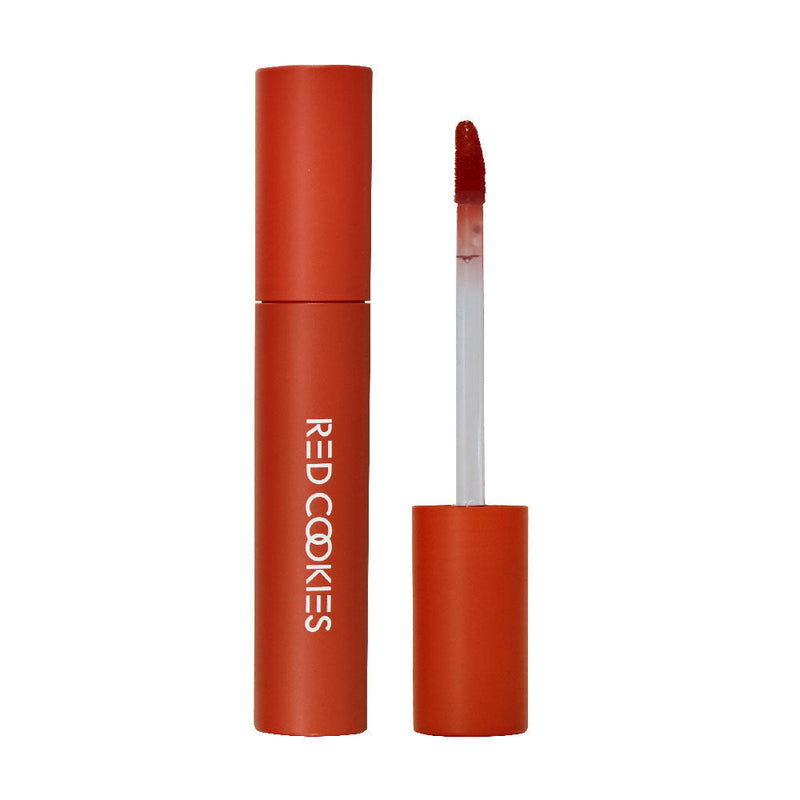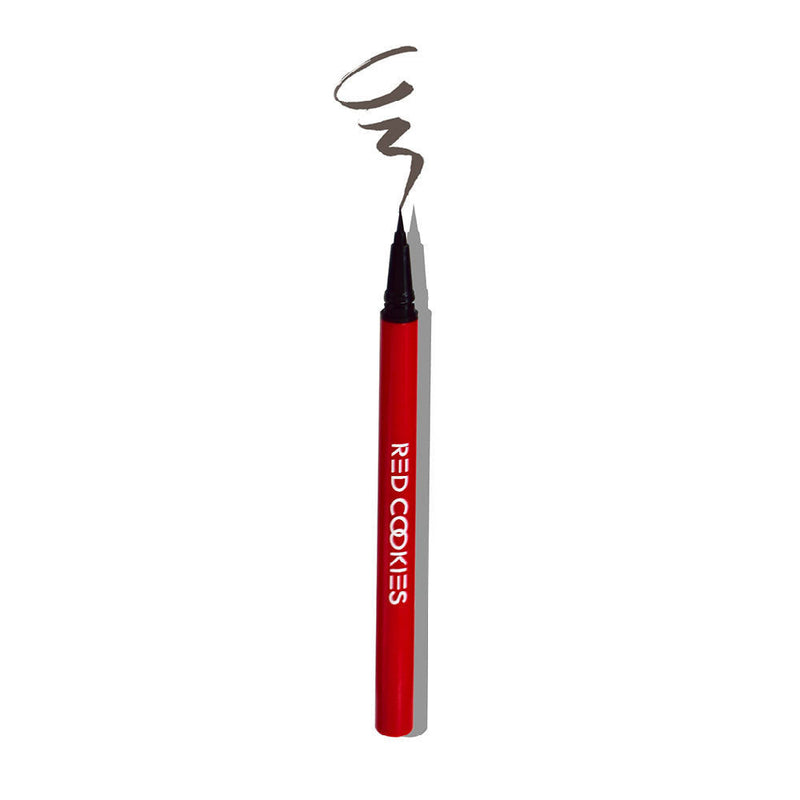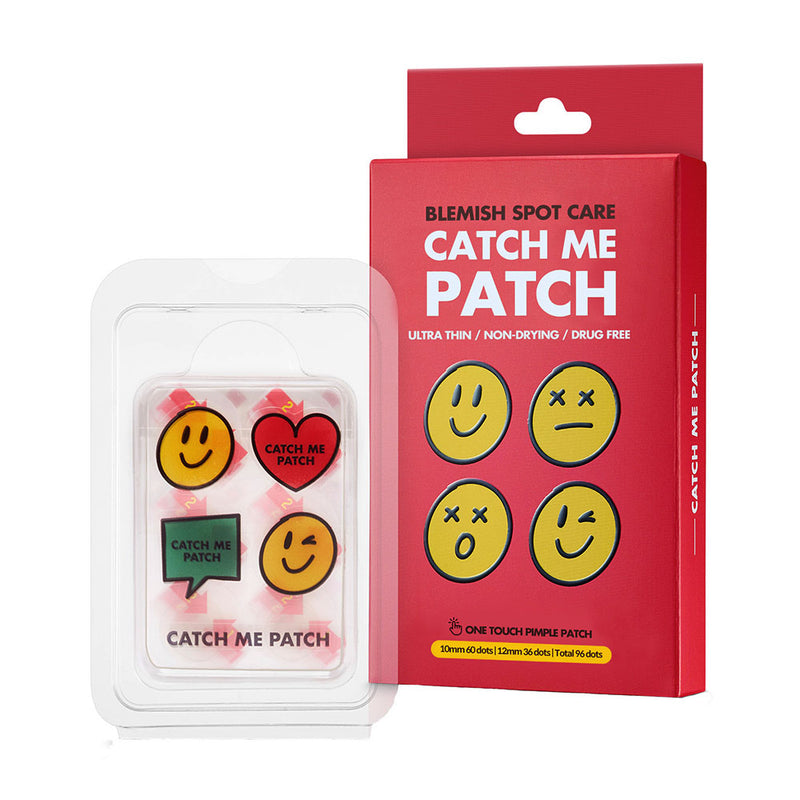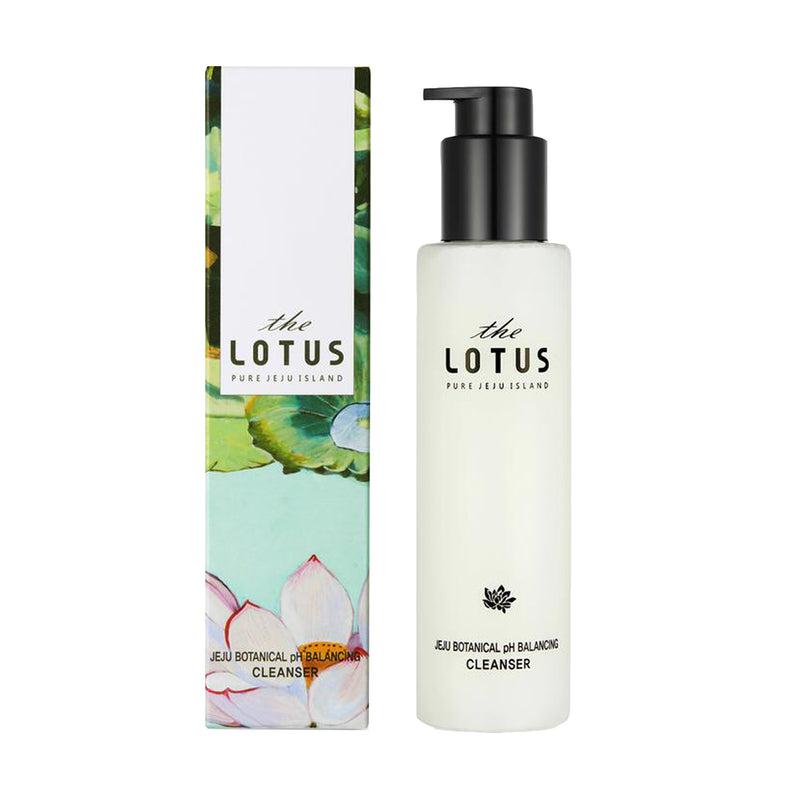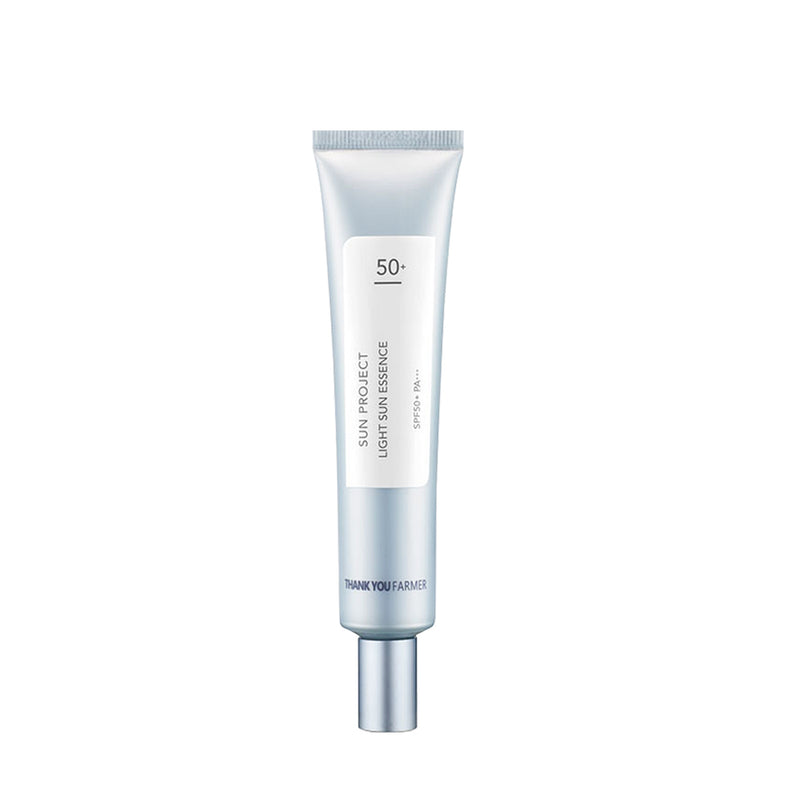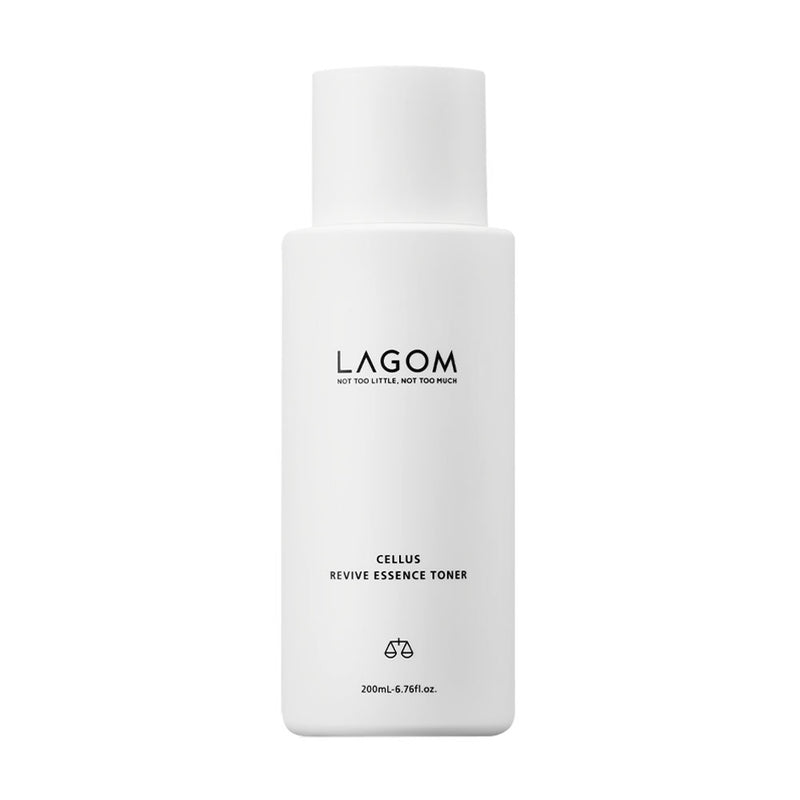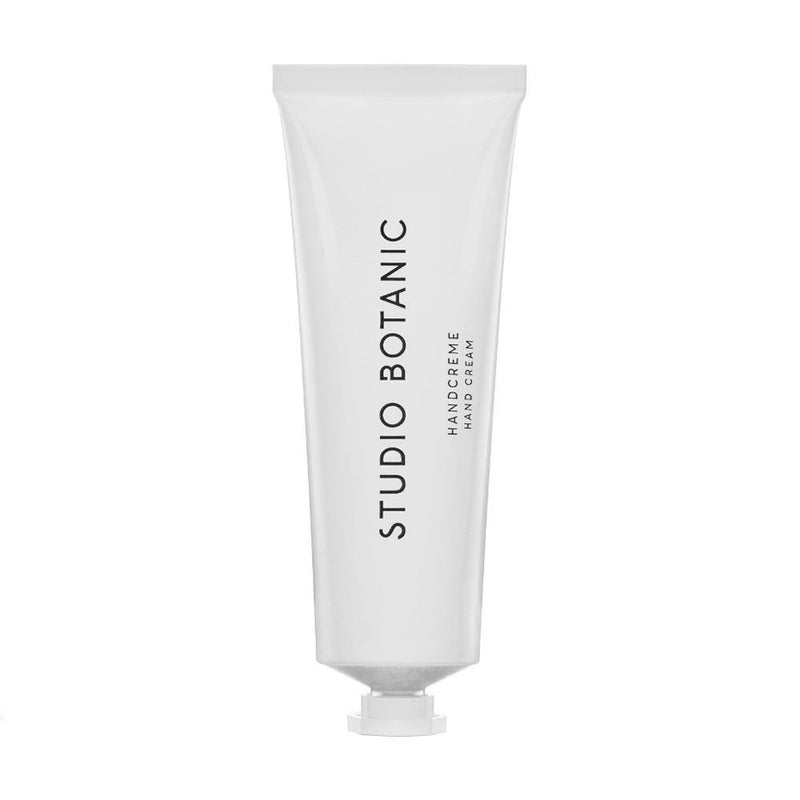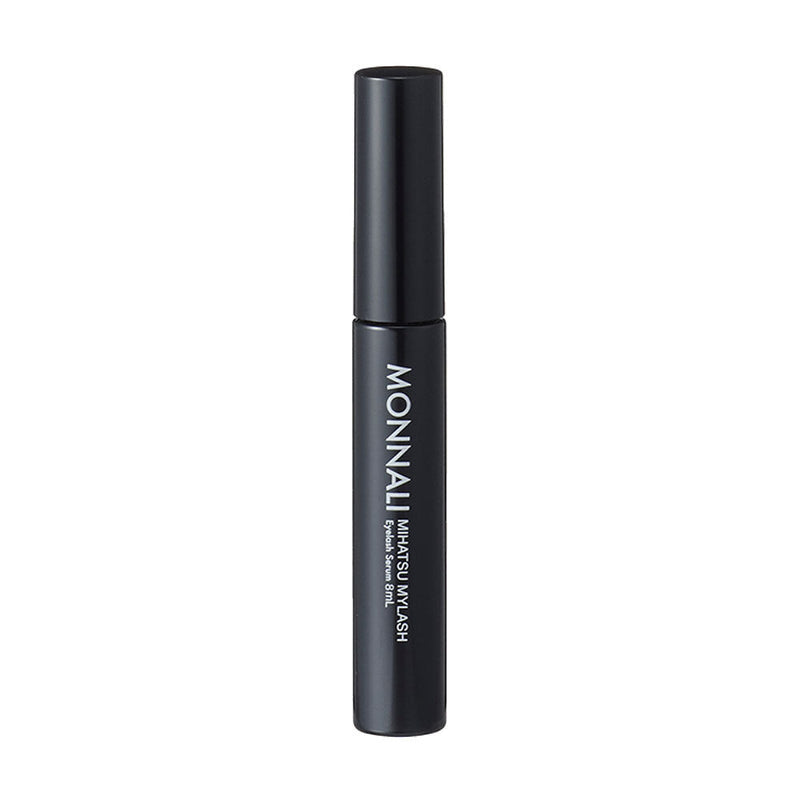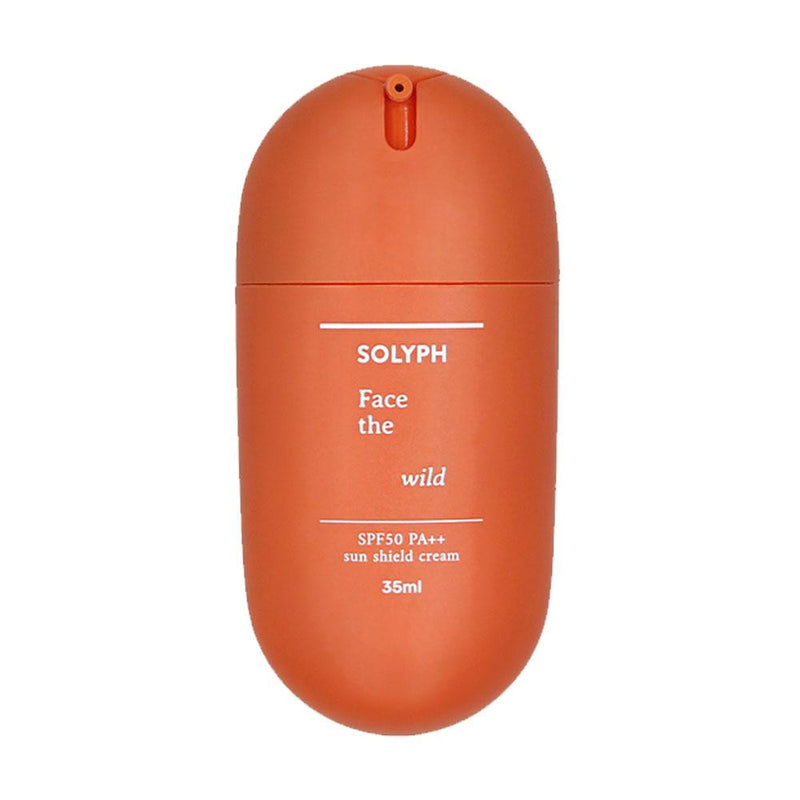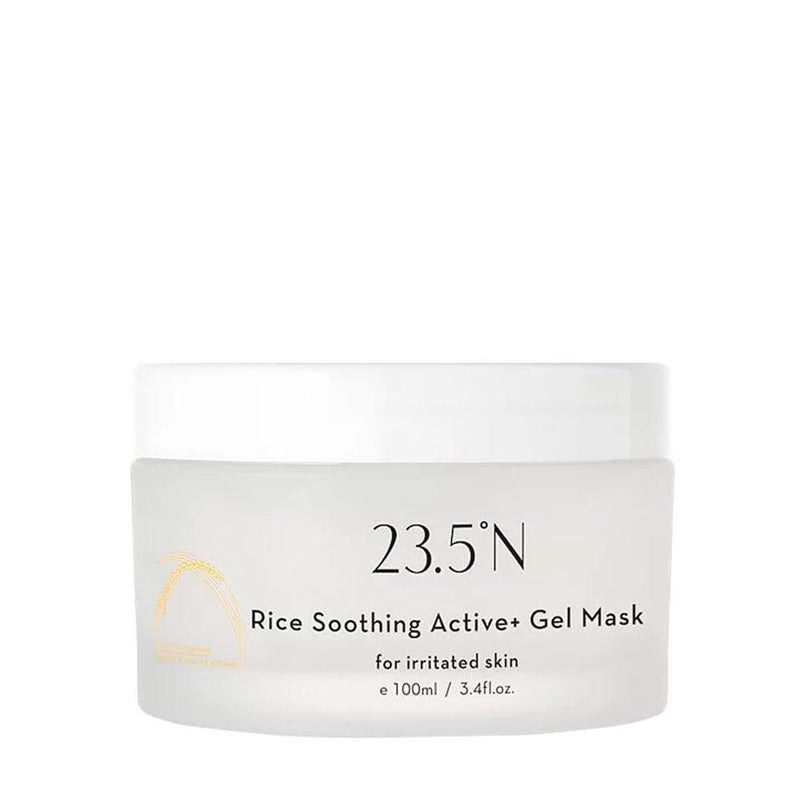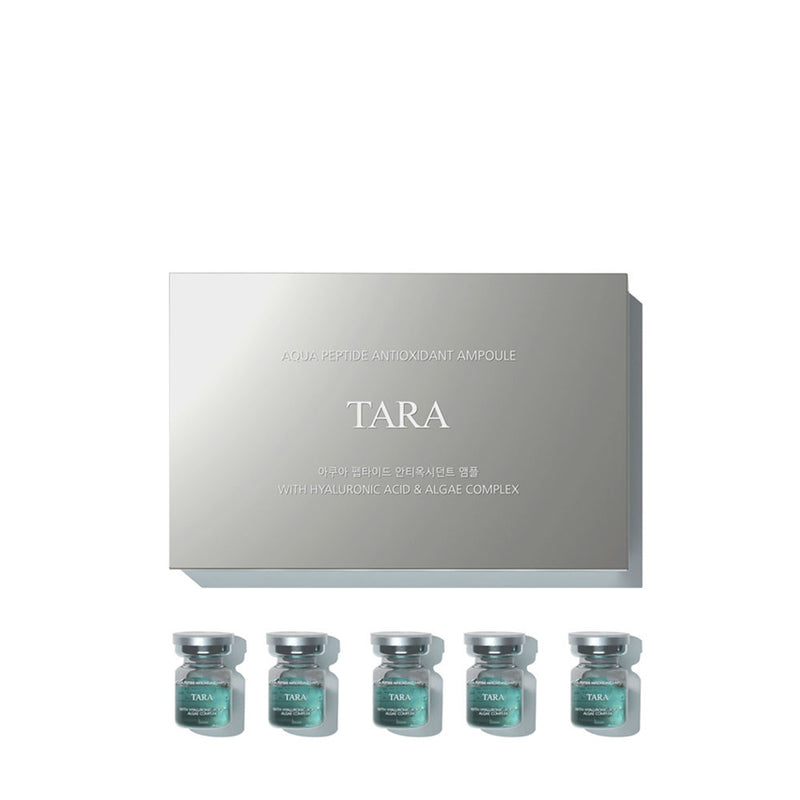Ever wondered what the secret is to that radiant, "just-back-from-vacation" glow? Chances are, Vitamin C is a major player! From brightening to anti-ageing, this superstar ingredient is lauded by dermatologists and skincare enthusiasts alike for its incredible ability to transform your complexion.
But with so many Vitamin C products differing in formula type, texture and concentration, how do you pick the perfect one for your skin? Don't worry! This guide will demystify the world of Vitamin C, help you confidently pick the best Vitamin C product to achieve your ultimate glow goals!

Why Vitamin C Is a Skincare Superstar
Essential for various bodily functions, Vitamin C is a powerful antioxidant that protects cells, including skincells, from damage caused by free radicals. A water-soluble vitamin, it also plays a vital role in tissue growth and repair which makes it amazing in skincare. You can think of Vitamin C as your skin's personal bodyguard and glow-booster all in one.
Before we dive in, let’s quickly take a look at what this antioxidant hero can do for your skin:
-
Brightens and Evens Skin Tone. Say goodbye to dullness and hello to luminosity! Vitamin C inhibits melanin production, which means it can fade dark spots, hyperpigmentation, and those pesky post-acne marks, leaving you with a more even and radiant complexion.
-
Fights Off Free Radicals. Our skin faces daily attacks from environmental aggressors like pollution and UV rays. These bad guys create "free radicals" that damage skin cells, leading to premature aging. Vitamin C is a powerful antioxidant that neutralizes these free radicals, protecting your skin from harm.
-
Boosts Collagen Production. Collagen is the protein that keeps our skin firm, plump, and youthful. As we age, our natural collagen production slows down. Vitamin C is essential for collagen synthesis, helping maintain your skin's elasticity and reducing the appearance of fine lines and wrinkles.
-
Enhances Sun Protection. While it's not a substitute for sunscreen, Vitamin C works synergistically with your SPF to offer an extra layer of defense against sun damage. It helps mitigate the effects of any UV light that might sneak through, reducing oxidative stress, and preventing premature signs of aging.
-
Aids in Skin Repair. Just like it helps your body bounce back from a nasty flu, this Vitamin C can support your skin's natural healing process. From calming minor blemishes to helping your skin recover from everyday stressors, it promotes a healthier, more resilient complexion.
Decoding the Different Forms of Vitamin C
Here’s where it gets a little tricky. Vitamin C isn't just one thing; it comes in various forms, each with its own quirks and benefits.The scientific name for Vitamin C is L-Ascorbic Acid (Ascorbic Acid or LAA for short) and it is the purest, most bioactive form of Vitamin C. It’s also the most researched form and is excellent if you're looking for fast, noticeable results for concerns like hyperpigmentation and signs of aging.
Note: While "Ascorbic Acid" is often used as a general term, only the L-form (L-Ascorbic Acid) is biologically active. A D-form exists but has no known benefits for skin and is not used in cosmetic formulations.
Sounds awesome? Well, here’s the catch, LAA is notoriously unstable. It's super sensitive to light, air, and heat, meaning it can oxidize and become less effective (and even turn orange) quite quickly. It can also be irritating for sensitive skin, especially in higher concentrations. Starting low and slow is key!
If you’re choosing a product using LAA as its main Vitamin C ingredient, buy from a reputable brand and supplier. This means they've manufactured, handled, stored, and packaged the product correctly, so you're getting all that potent goodness.
Also, stay clear of clear bottles (pardon the pun), instead reach for dark, opaque bottles and airtight (or even better, airless) pumps. This keeps air and light out, preventing that pricey serum from turning into, well, just a very expensive orange liquid!

Vitamin C Derivatives: The Gentler, More Stable Crew
Because of the challenges of using LAA, the skincare gods have also given us Vitamin C derivatives that are chemically modified to be more stable and often less irritating than LAA, making them fantastic options. They work by converting into LAA once absorbed into your skin. Here are some that you might find on the ingredients list of your favourite skincare products:
-
Sodium Ascorbyl Phosphate. A more stable, gentler, water-soluble derivative suitable for sensitive and acne-prone skin. While milder, it still delivers some brightening and antioxidant benefits while calming inflammation.
-
Magnesium Ascorbyl Phosphate. A water-soluble, stable form known for its skin-brightening and hydrating effects. It’s less irritating and often found in creams, making it a good option for dry or sensitive skin.
-
Tetrahexyldecyl Ascorbate. A fat-soluble form that allows it to penetrate deeper into the skin’s lipid barrier. Often found in high-end products, it is effective even at low concentrations. Great for dry, mature or sensitive skin.
-
Ascorbyl Glucoside. A stable, water-soluble Vitamin C derivative that converts easily to LAA. It’s commonly used for brightening and is very gentle making it suitable for beginners and sensitive skin types.
-
Ethyl Ascorbic Acid. This stable derivative is both water- and fat-soluble making it very easily absorbed and very effective in brightening skin and reducing dark spots without irritating the skin.
Pro Tip: Always store your products in a cool, dark place, away from direct sunlight and heat. If it comes in an airtight or opaque bottle, that's even better, as it minimizes exposure to light and air, which can cause oxidation and reduce potency.

What to Choose Based on Your Skin Type
Matching your skin type to the right Vitamin C form is crucial to achieving your glow goals without irritation. Different forms of Vitamin C offer unique benefits and stability, impacting how well they work with various skin, types, concerns and skincare routines.
Choosing correctly ensures optimal absorption and effectiveness, helping you reap benefits like brightening and collagen boosting, while avoiding potential drawbacks like redness or breakouts that can occur if the Vitamin C type isn't suited to your skin's specific needs. Read on to find out which Vitamin C might just be your skin's soulmate:
Best Types of Vitamin C for Oily Complexions
People with oily skin type should prioritize lightweight, fast-absorbing serums. While L-Ascorbic Acid (LAA) is a strong contender for overall brightening and protection, Sodium Ascorbyl Phosphate is excellent for its oil-regulating and antibacterial properties, making it particularly helpful if you're prone to breakouts.
Always ensure products are non-comedogenic to prevent clogged pores and steer clear of heavy, oily bases, which can feel suffocating and lead to congestion. Water-based serums are generally ideal for oily skin, providing effective Vitamin C delivery without adding extra weight or shine.
Best Types of Vitamin C for Dry Skin
If your skin leans towards the drier side, your Vitamin C mission is twofold: hydration and that coveted brightening effect. Forget super-light serums, you'll want to gravitate towards cream-based formulas that deliver your dose of Vitamin C while providing a comforting, moisturizing hug for your skin.
Look out for Magnesium Ascorbyl Phosphate or Tetrahexyldecyl Ascorbate (THD) as these derivatives are more stable and wonderfully gentle, meaning they're less likely to cause any irritation to dry, delicate skin. THD is also fat-soluble, allowing it to penetrate effectively into the skin's lipid barrier, which is great for dry complexions.
Both types of Vitamin C derivatives play beautifully with nourishing sidekicks like squalane, hyaluronic acid, and ceramides. These ingredients are hydration heroes that help your skin hold onto moisture, soothe any dryness, and strengthen that all-important skin barrier, keeping your complexion happy, plump, and resilient!
Best Types of Vitamin C for Sensitive Skin
If your sensitive skin tends to throw temper tantrums at anything new, then gentleness is the name of the game , and avoiding any potential irritants is crucial. You can still benefit from Vitamin C but stick to the friendly, less acidic forms like Sodium Ascorbyl Phosphate, Ascorbyl Glucoside, Magnesium Ascorbyl Phosphate, and Tetrahexyldecyl Ascorbate.
They're super stable, convert to the active form gently on your skin, and are far less likely to cause redness or stinging compared to higher concentrations of pure LAA. Start slow with a lower concentration, around 5%, and introduce it into your routine gradually. Also, choose formulas with minimal ingredients and look for calming additions like aloe vera, allantoin, or bisabolol.
On the flip side, try to avoid products loaded with strong acids, high alcohol content, or lots of synthetic fragrances and dyes, which can easily upset your delicate complexion.
Pro Tip: Start slowly and listen to your skin especially if you have sensitive skin or are new to Vitamin C. Begin with a lower concentration a few times a week before gradually increasing frequency as your skin adjusts. If you have particularly sensitive skin, it might be a good idea to do a patch test first.

Best Types of Vitamin C for Acne-Prone Skin
Vitamin C can be a fantastic ally in your journey to clearer, more even skin! For acne-prone complexions, Sodium Ascorbyl Phosphate (SAP) truly stands out as the MVP because of its awesome antioxidant powers. SAP also boasts unique antibacterial and anti-inflammatory properties that actually help reduce active breakouts while lightening those stubborn acne scars and dark spots left in their wake. It's like a double-duty defender!
When you're shopping, always opt for oil-free, lightweight serums that won't feel heavy or clog pores. Look for formulas that wisely include supporting ingredients such as niacinamide (great for calming redness and strengthening your skin barrier) or salicylic acid (a pore-clearing superstar). This smart combo helps tackle both congestion and inflammation effectively, giving you targeted treatment without overwhelming your skin.
Best Types of Vitamin C for Mature Skin
For mature skin, L-Ascorbic Acid is the top pick, directly boosting collagen and tackling dark spots for visible anti-aging results. If your skin is sensitive, gentler yet effective options like Tetrahexyldecyl Ascorbate (THD) and Ethyl Ascorbic Acid (EAA) are also fantastic. They're stable, penetrate well, and still deliver excellent collagen-boosting and brightening benefits without irritating your skin.
When selecting, look for formulas that pair Vitamin C with Vitamin E and Ferulic Acid to amplify antioxidant power. Also, seek out hydrating allies such as hyaluronic acid or ceramides to plump and support your skin barrier, which often needs extra moisture. Consistent use and daily SPF are key to unlocking your most radiant, resilient complexion!
Best Types of Vitamin C Dull and Uneven Skin Tone
If you’re looking to tackle dull or uneven skin tone with Vitamin C, then you’re definitely on the right track! Topical Vitamin C application inhibits tyrosinase, an enzyme crucial for melanin production. By slowing this process down, Vitamin C helps to gradually fade existing dark spots and prevent new ones from forming, revealing a more even and luminous complexion.
L-Ascorbic Acid (LAA) as the purest form of Vitamin C offers the most direct and potent brightening and antioxidant benefits. For optimal results, choose a concentration between 10% - 20%. However, if this proves to be too strong and causes irritation to your skin, Ethyl Ascorbic Acid (EAA) and Ascorbyl Glucoside are also excellent alternatives.
These stable derivatives are known for their effective brightening capabilities, gently converting to LAA within the skin to deliver impressive results over time and without the potential irritation of higher LAA concentrations. Regardless of which one you eventually choose, look for well-formulated products that protect the ingredient's stability to ensure you're getting the full brightening power in every drop.

Best Types of Vitamin C for Hyperpigmentation
Vitamin C’s ability to inhibit tyrosinase also makes it excellent in fading hyperpigmentation like age spots, sun spots, melasma, or post-acne marks. Again, L-Ascorbic Acid (LAA) is often the go-to choice due to its potent, direct action in disrupting melanin production, fading existing dark spots while protecting against new formation by neutralizing environmental damage.
If your skin is easily irritated by higher concentrations of LAA, then Ethyl Ascorbic Acid (EAA) and Tetrahexyldecyl Ascorbate (THD) are also exceptional choices. EAA stands out for its strong tyrosinase inhibition capabilities while THD, being fat-soluble, is able to reach deeper layers of the skin increasing its efficacy against darker spots.
Pro Tip: Consistent use of your chosen Vitamin C, coupled with a daily broad-spectrum sunscreen, will hasten the fading of those pesky dark spots and prevent new ones from emerging.
Vitamin C Product Types: Serums, Creams & More for Your Best Skin
Navigating the world of Vitamin C skincare can feel like a maze, but understanding its various forms is key to unlocking your best glow. Vitamin C comes in a spectrum of product types, each designed to fit different skin goals, routine preferences, and how you layer your products. Choosing wisely ensures you get the most bang for your buck, as their effectiveness can hinge on concentration, absorption, and stability. Let's break down where Vitamin C shines in your routine.

Serums: The Gold Standard for Targeted Treatment
When it comes to delivering a potent dose of Vitamin C, serums are often considered the gold standard. These lightweight, often watery or gel-like formulas typically boast higher concentrations of Vitamin C, usually ranging from 10% to 20%, specifically designed for maximum absorption. Their fast-acting nature makes them perfect for your morning routine, applied right after cleansing and toning, and before your moisturizer and all-important sunscreen.
Serums are your go-to for intensive results, like brightening dull skin, visibly reducing fine lines, and effectively targeting stubborn dark spots or hyperpigmentation. To protect their potency, especially if using L-Ascorbic Acid, always look for serums housed in dark, opaque bottles with airtight pumps or droppers. This packaging shields the delicate Vitamin C from light and air, preventing premature degradation.
Creams: Hydration Meets Antioxidant Power
For those with skin that craves a little extra love – particularly dry or mature skin types – Vitamin C creams offer a delightful dual benefit. You get the powerful antioxidant and brightening effects of Vitamin C alongside a rich moisturizing boost from ingredients like shea butter, hyaluronic acid, or ceramides.
While creams generally contain Vitamin C in slightly lower concentrations than serums, their slower absorption rate makes them less likely to irritate sensitive skin, offering a gentler introduction to this powerhouse ingredient. They're perfect for integrating Vitamin C into your moisturizing step, delivering prolonged hydration throughout the day or night. Many Vitamin C creams utilize more stable derivatives, which perform well within a thicker, more occlusive base.
Powders: Customization for the Savvy User
If you're a skincare enthusiast who loves to customize, powdered Vitamin C might just be your new favorite. Often consisting of pure L-Ascorbic Acid, the powder form is incredibly stable because it only activates when mixed with a liquid, typically right before application. This unique format allows for impressive longevity and ensures you're getting fresh, potent Vitamin C with every use.
Powders give you the ultimate control over concentration; you can mix a small amount into your favorite serum or moisturizer, tailoring the strength to your skin's sensitivity and needs. However, precision is key! Always ensure the powder is fully dissolved before applying to avoid irritation.
Pro Tip: Avoid mixing Vitamin C powder with products containing niacinamide or AHAs (Alpha Hydroxy Acids) in the same application, as this can potentially reduce effectiveness or cause irritation due to conflicting pH levels.
Beyond Serums, Creams, and Powders: Light Touches of Vitamin C
While serums, creams, and powders are your heavy-hitters for Vitamin C, you might also find this antioxidant hero in other product types, each offering a unique benefit:
-
Toners. These deliver a very light, refreshing dose of Vitamin C, perfect for a gentle antioxidant layer or for those with very sensitive skin who want a mild introduction. They prep your skin for subsequent steps, but won't offer the intensive treatment of a serum.
-
Cleansers. Vitamin C in cleansers offer minimal absorption due to the short contact time with your skin. However, they can still provide a mild antioxidant benefit during your cleansing step, helping to neutralize some free radicals before they can cause damage. They're an easy way to incorporate Vitamin C, but shouldn't be your primary source for targeted results.
Ultimately, whether you prefer the intensive delivery of a serum, the comforting hydration of a cream, the customizable potency of a powder, or the gentle touch of a toner or cleanser, there's a Vitamin C product type perfectly suited to help you achieve your glow goals.

Mastering Your Glow: The Art of Layering Vitamin C
To truly unlock the magic of your Vitamin C product, it’s essential to integrate it correctly into your daily skincare ritual. Proper layering doesn't just ensure maximum absorption and effectiveness, it also significantly reduces the risk of irritation. Whether you're a skincare newbie or a seasoned enthusiast, a clear step-by-step approach can help maximize benefits without overwhelming your skin. Here’s an easy-to-follow guide to layering Vitamin C like a pro:
Step 1: Cleanse
Begin your routine with a gentle, pH-balanced cleanser. This crucial first step removes dirt, oil, and any residual makeup, creating a clean canvas for your active ingredients. A balanced pH ensures your skin's protective barrier remains intact, optimizing it for product penetration.
Step 2: Tone
Next, apply a hydrating, alcohol-free toner. This helps to restore your skin's natural balance after cleansing and prepares it to better absorb subsequent products. Think of it as opening the gates for your star ingredients!
Step 3: Vitamin C Application
While your skin is still slightly damp, apply a few drops of your Vitamin C serum or a small amount of cream evenly across your face and neck. Allow it a moment to fully absorb - typically 60 seconds - before moving to the next step.
Step 4: Moisturize
Follow up with a moisturizer that complements your skin type. This step is vital as it helps to seal in the Vitamin C, providing a protective layer that keeps the active ingredients locked in and working. It also delivers essential hydration, supporting a healthy skin barrier.
Step 5: Sunscreen (AM Only)
In your morning routine, this step is non-negotiable! Always finish with a broad-spectrum sunscreen of SPF 30 or higher. While Vitamin C is a powerful antioxidant that helps defend against environmental aggressors, including UV damage, it is not a substitute for dedicated sun protection, but together, they form a formidable shield for your skin.
Pro Tip: Avoid layering vitamin C with potent actives like retinol or benzoyl peroxide in the same routine, as it reduces individual effectiveness and increases the risk of irritation. Alternate them between your morning and evening routine instead.
Like any good skincare routine, patience and consistency are paramount. You won't see overnight miracles, but with regular use, you'll start to notice a brighter, more even, and healthier-looking complexion. By following this structured routine and these expert tips, you'll empower your skin to fully benefit from everything that Vitamin C has to offer, helping you achieve your ultimate glow goals!

Conclusion: Your Path to Radiant Skin Starts Here
Congratulations, you're now a Vitamin C pro! Choosing the perfect product doesn't have to be overwhelming. By understanding your skin type, selecting the right derivative, and mastering proper application, you'll make truly informed choices - saving you money on wasted products while optimizing your results.
Whether you're battling dullness, softening the signs of aging, or fading stubborn pigmentation, the right Vitamin C can transform your routine. Remember, consistency is key – with regular use, you'll unveil improved brightness, a smoother texture, and visibly stronger, more resilient skin.
From potent serums to comforting creams and customizable powders, a Vitamin C solution awaits. Trust your newfound knowledge, listen to your skin's needs, and confidently embrace your journey to achieving those ultimate glow goals!
